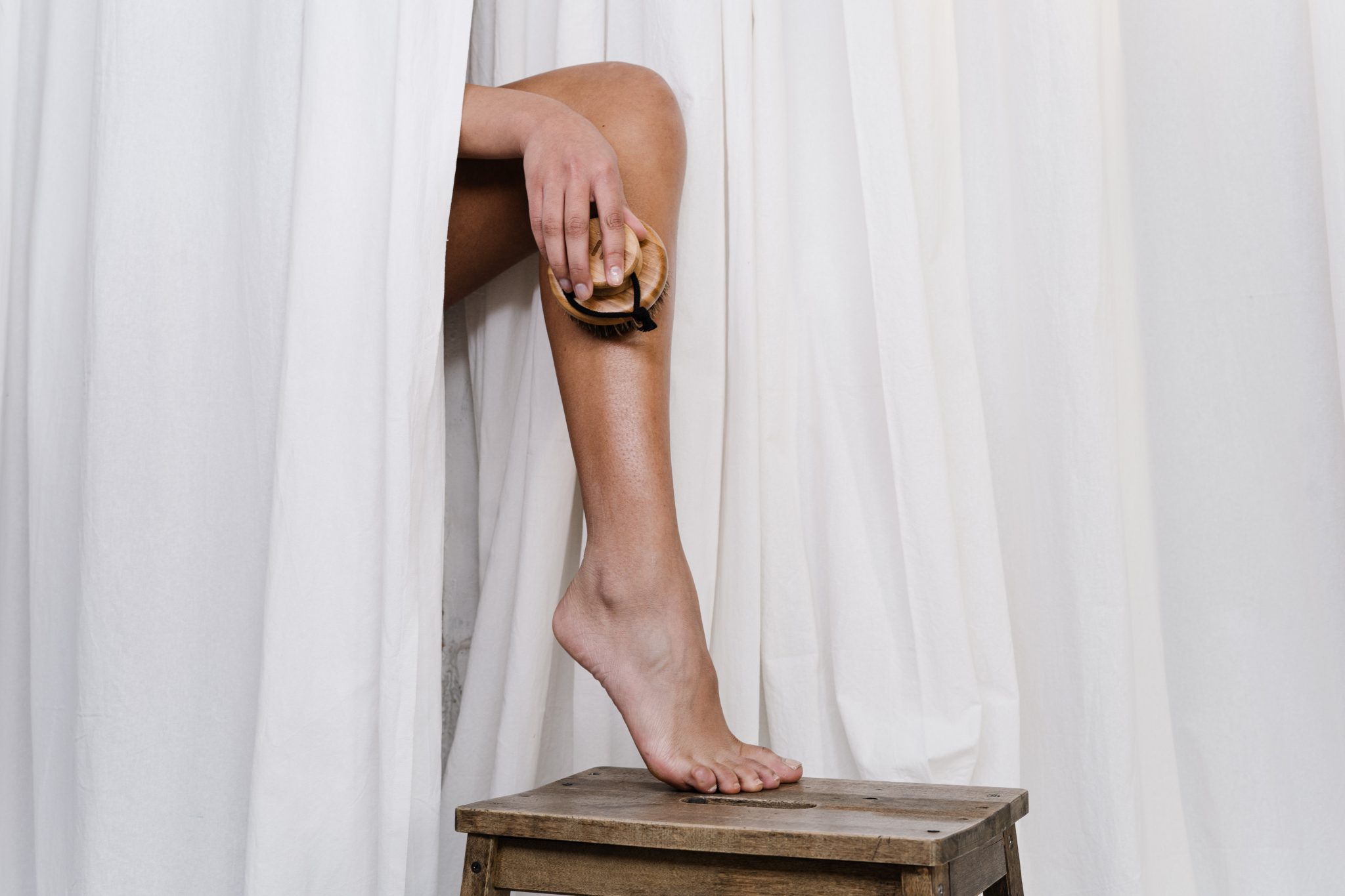Does Anxiety Increase the Risk of Vein Disease?
If you suffer from anxiety, as many people do, you may be wondering if it can increase your risk of vein disease. Beyond the emotional symptoms anxiety is known for, there are actually physical symptoms that can develop if anxiety is left untreated.
In the United States alone, 40 million adults suffer from anxiety — that’s nearly 1 in 5 Americans. With those statistics, it’s worth examining how this common disorder can affect vein health.
Long-term chronic anxiety can contribute to the risk of vein disease if measures are not taken to manage the anxiety in a healthy and effective manner.
The term vein disease covers several different conditions, including spider veins and varicose veins. When the veins experience some type of trauma, like an injury, physical stress, emotional stress, or anything that can increase blood pressure, the pressure can build so much that the veins can become weaker. Any time the integrity of your veins is compromised, you’re at a higher risk for developing vein disease.
How Can Anxiety Increase the Risk of Vein Disease?
Stress is at the root of many health conditions and vein disease is no exception. Studies have found a correlation between anxiety and vascular disease, particularly in men. For healthy veins, you need proper blood circulation. Stress and anxiety increase blood pressure which interferes with that circulation. If your blood pressure builds up too much, it can damage your vein valves. They become weaker and can no longer pump blood efficiently. This would then lead to blood pooling in the lower extremities, like your legs and feet. Any extra pressure could cause the veins to bulbs and swell.
Fight or Flight Mode is Tough on Circulation
Venous insufficiency occurs when blood is not able to flow through the veins properly. Anything that impedes healthy blood circulation can increase the risk of vein disease. Anxiety increases the heart rate, which sends the body into fight or flight mode. The blood vessels constrict, the body starts to feel overheated, then needs to sweat to cool down. Chronic anxiety brings on this cycle over and over and puts a strain on the cardiovascular system.
Chronic Digestive Distress Interferes with Blood Flow
Chronic anxiety can negatively impact the digestive system. When you’re experiencing a lot of stress, your body pumps out adrenaline which restricts blood flow to the digestive system. The health of your digestive system is correlated with healthy blood circulation. So it stands to reason that the digestive upset caused from anxiety can also contribute to restricted blood flow and vein problems.
Stress and Anxiety Affect the Heart and Central Nervous System
Anxiety ties in closely to the health of your circulation since it causes your heart to have to struggle more to pump blood through the veins. You need strong blood flow to get it flowing back up to the heart and not just pooling up in the veins in the legs and ankles.
Stress also increases the risks of a blood clot which can restrict proper blood flow. The correlated high blood pressure also affects the pressure of the blood in the veins, weakening the vein walls. This sets you up for a higher risk of vein disease.
How Can You Manage Anxiety to Reduce the Risk or Symptoms of Vein Disease?
While there are numerous conditions that can increase your risk of developing vein disease, if you are experiencing anxiety, you can help to prevent or alleviate the symptoms of vein disease by learning how to more effectively manage your anxiety.
There are certain factors that you can’t control when it comes to venous insufficiency. Heredity plays one of the largest roles in whether or not you develop vein disease. Of course, you can’t do anything to change your genetics. So your time is best spent managing the things that are within your control.
Thankfully, some of the techniques that are helpful for alleviating anxiety are also helpful for promoting vein health and vice versa.
Stay Active
Exercise can help release some of the tension associated with anxiety. Exercise also helps to improve blood circulation so the blood can slow more efficiently up from the legs and feet to the heart. This can take pressure off the legs. Exercise is one of the top ways to manage anxiety and venous insufficiency. Not only will exercise help you feel better, it will also help you look better through improve vein Health, last visibility and bulging of the veins, Plus a fitter body overall. Exercise helps strengthen the cardiovascular system which is a key component and healthy blood circulation.
Go for a Walk
Walking is a great, low impact exercise that will help encourage good blood flow in the legs. All you need is 20 to 30 minutes of walking most days of the week to boost your circulation, decreasing your anxiety and helping to alleviate or prevent vein disease.
Try Yoga
Yoga is an amazing exercise for stress and anxiety. You don’t have to be extremely flexible or fit to try yoga. There are yoga poses to accommodate everyone, regardless of fitness level. The stretching, slower pace, and attention to the breath are all beneficial for anxiety and blood circulation.
Elevate Your Legs
Elevate your legs daily. You can help encourage blood flow back up to the heart by elevating your legs each day. One useful practice is called legs up the wall. Just as it sounds, you lie on the floor and place your legs up against the wall. This helps reverse the flow of blood to go back up the legs and to the heart. Doing this can relieve heaviness and achiness in the legs, in addition to improving circulation.
Not only is the legs-up-the-wall pose beneficial to circulation, it is also conducive to relaxation and anxiety relief. Practicing this pose for 20 minutes a day has been considered by some to have the rejuvenating effects of two hours’ sleep.
For optimal relaxation:
- Place a pillow or folded blanket on the floor in front of the wall, under your hips.
- Lay a folded blanket across your stomach.
- Place a folded cloth or an eye pillow over your eyes.
- Lie with your legs resting up against the wall for 20 minutes, breathing slowly and deeply.
Practice Breathing Exercises
Breathing exercises can help to soothe anxiety and decrease blood pressure. When you’re more relaxed, you’ll also experience less pressure on the vein walls.
Summary
Now you know how anxiety can increase your risk for developing vein disease and what lifestyle and dietary changes you can make to better manage your anxiety, as well as your risk of venous insufficiency. Awareness of what makes you more susceptible to vein disease can help you make the changes you need to promote the health of your veins. As much as home treatments can help to reduce anxiety and your risk for vein disease, they are not 100% guaranteed to prevent or eliminate vein problems.
While a healthy diet and lifestyle are extremely helpful for decreasing the risk of vein disease, it’s important to seek out professional care if the problem persists. If you’re experiencing symptoms from venous insufficiency that don’t respond to diet and lifestyle changes, contact us today to book an appointment.





